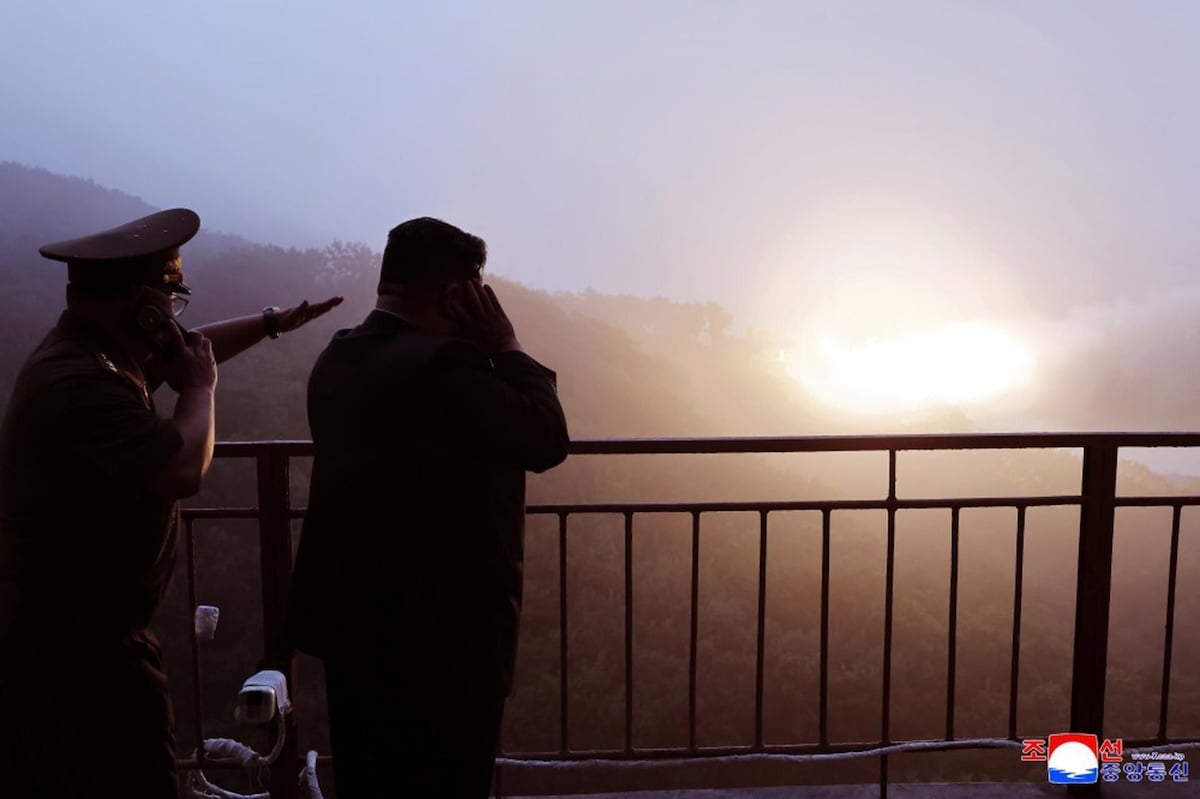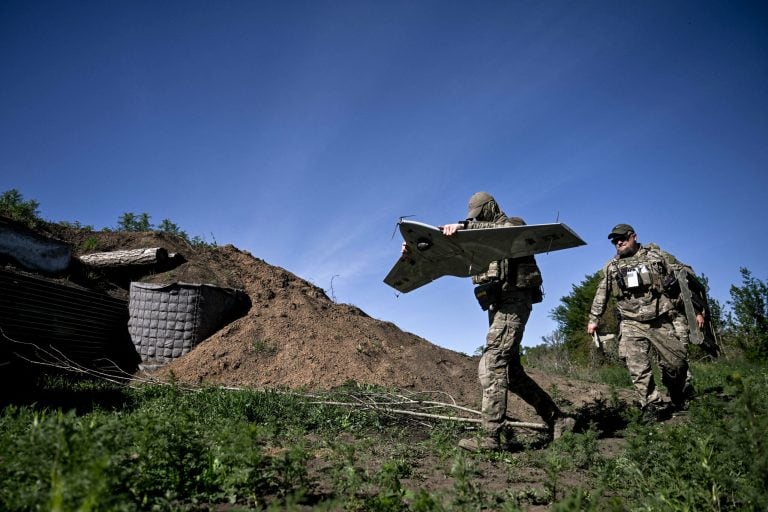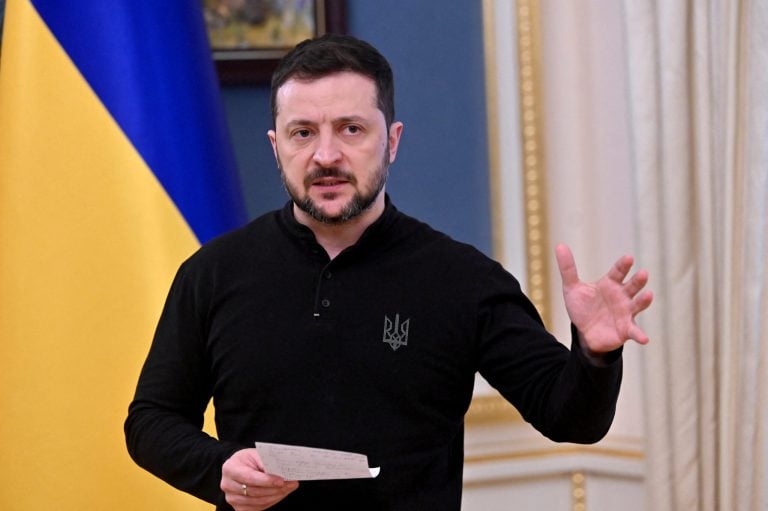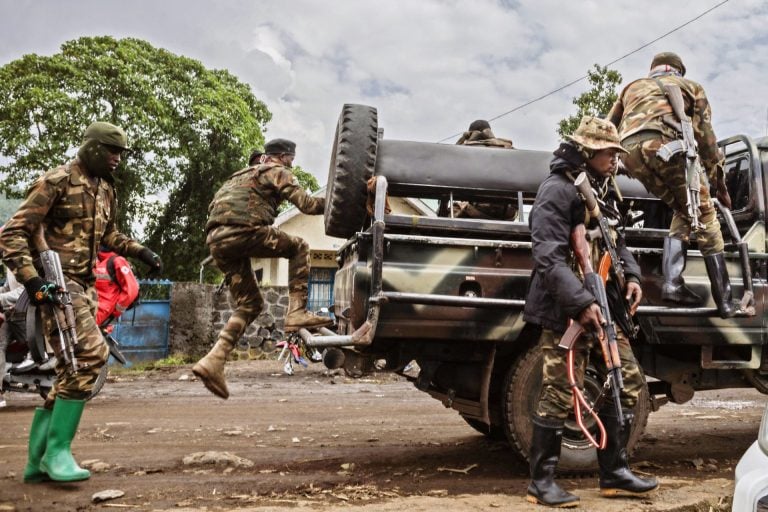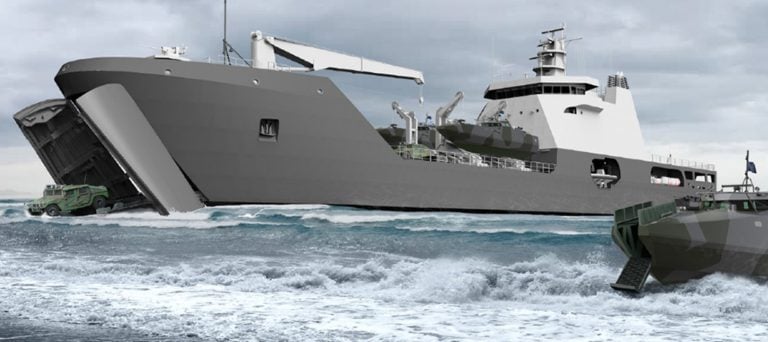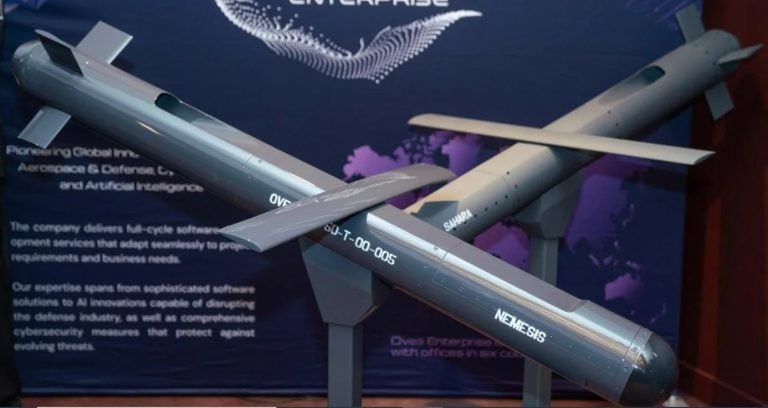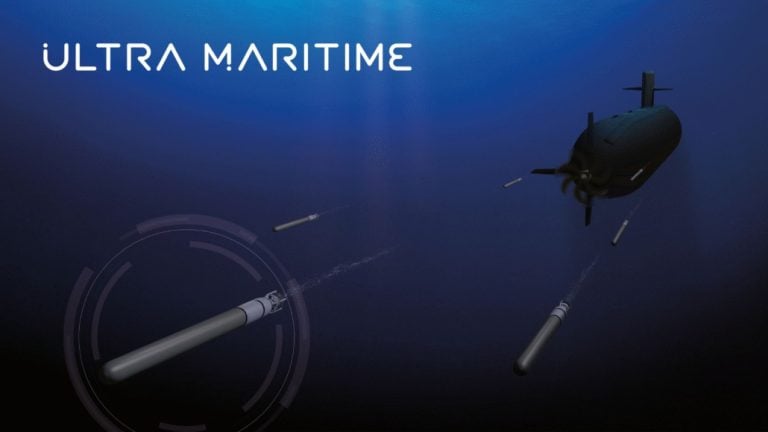North Korean leader Kim Jong Un recently supervised a significant test of a solid-fuel engine intended for long-range nuclear missiles, marking a notable progression in the country’s weapons program. State media reported that this test is the ninth and final stage of development for the engine, suggesting that an actual test of a new intercontinental ballistic missile (ICBM) may occur in the forthcoming months.
The Korean Central News Agency (KCNA) highlighted the importance of the test, featuring images of Kim observing the engine’s flame through binoculars. Reports described a powerful horizontal flame emanating from the test site, focusing on the usage of composite carbon fiber materials in the high-thrust engine design.
Kim underscored the importance of the new rocket engine, stating that it signifies a “significant change” in enhancing North Korea’s nuclear strategic capabilities. This engine test follows closely on the heels of North Korea’s unveiling of the Hwasong-20, a missile pitched as its next-generation ICBM. Analysts suggest that the latest test demonstrates advancements in producing solid-fuel engines for this new missile system.
Experts, such as Yang Moo-jin, a former president of the University of North Korean Studies in Seoul, interpreted the designation of this test as the “last” in the development process as an indication of a potential ICBM launch on the horizon, possibly within the year. The continuous development of solid-fuel technology, which allows for quicker mobilization and deployment than traditional liquid-fuel rockets, positions North Korea to enhance its missile capabilities significantly.
Additionally, the timing of this engine test coincided with Kim’s recent trip to Beijing for a military parade commemorating Japan’s surrender in World War II, where he joined Chinese President Xi Jinping and Russian President Vladimir Putin. This has further solidified North Korea’s position as a key ally to Russia, particularly in the context of providing military support amid ongoing conflict in Ukraine.
Speculations regarding North Korea receiving technical assistance from Russia to advance its missile and satellite technology have gained traction. This cooperation could expedite developments in North Korea’s weapons program, with analysts suggesting that assistance may elevate the sophistication of its missile capabilities from “crude” to “complete.”
Incorporating lightweight carbon-fiber materials into its ICBM design could increase range and efficiency, as highlighted by Hong Min, a senior analyst at the Korea Institute for National Unification. This advancement would allow North Korea to secure both lightweight constructs and thermal durability, indicating significant strides in domestic material production essential for longer-range capabilities.
Despite the heightened military advancements, North Korea has persistently reiterated its commitment to maintaining its nuclear arsenal, dismissing calls for denuclearization. Pyongyang rebuked South Korean President Lee Jae Myung for what it termed hypocrisy regarding his statements advocating for nuclear disarmament, reiterating that the nation will not abandon its nuclear weapons, which it equates with state dignity and honor.
